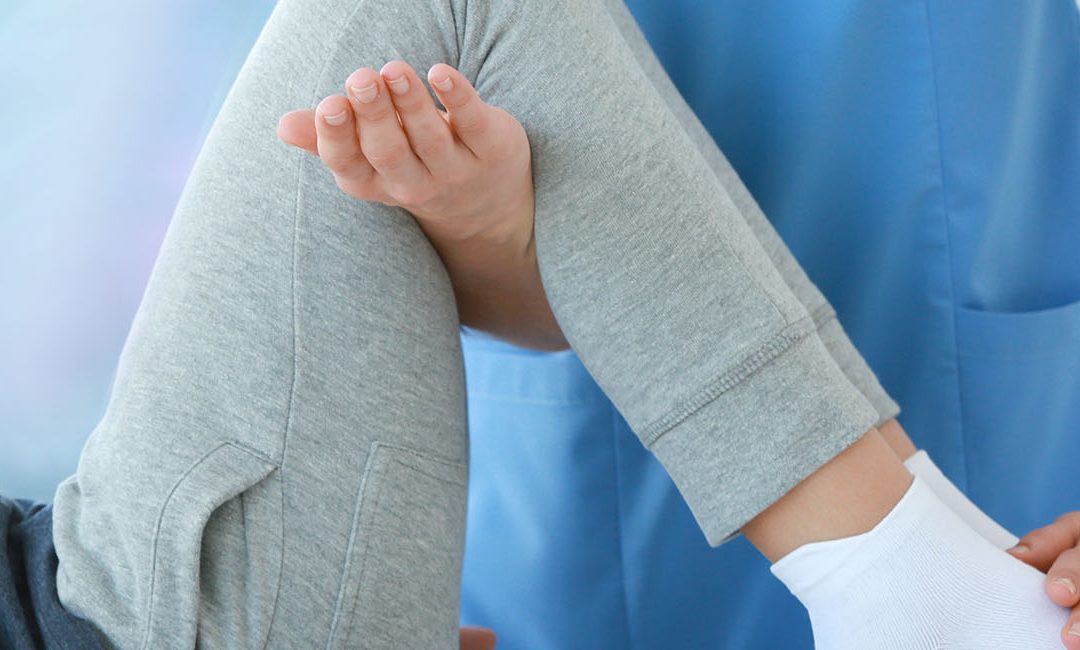The knee is a complex structure and one of the largest joints in the body. The ligaments in the knee connect the thighbone to lower leg bones and are vital for any kind of movement like walking, running or playing. Ligaments are tough bands of connective tissue responsible for giving support to the knee joints and providing stability to them. There are four ligaments in the knee and the knee relies on them for stability and movement. These ligaments are highly susceptible to sprains and tears during sports activities, physical work or exercises or due to accidents leading to knee ligament injuries. The ligaments can be stretched, torn or ruptured.
A few common knee ligament injuries are:
ACL (Anterior Cruciate Ligament) – It is one of the two major ligaments in the body and connects the thigh one to the shinbone.
PCL (Posterior Cruciate Ligament) – It is the second major ligament in the knee and connects the thighbone to the shinbone.
MCL (Medial Collateral Ligament) – This ligament connects the thigh bone to the fibula, which is a small bone on the outside of the lower leg.
LCL (Lateral Collateral Ligament) – It connects the thigh bone to the inside of the shin bone.
Causes:
- Sudden change in direction while running
- Blunt force hit to the knee, such as during football tackle
- Extending the knee too far
- Suddenly stopping while running
- Sudden shift of weight from one leg to another
- Landing or jumping with a hyperextended knee
Symptoms:
- Pain in knee, which can be sudden and severe
- Pop or snap felt during injury
- Inflammation
- A feeling of looseness in the joint
- Inability to walk and bear weight on the knees
Diagnosis:
A knee ligament injury is diagnosed by an orthopedic doctor who will inquire about the nature of the injury, when and how it happened and the area where numbness and pain is experienced. Diagnostic tests like X-Rays, MRI scans and ultrasound scans provide images of any tears or ruptures that help in determining the injury.
Treatment:
Knee ligament injuries of mild nature get resolved with time and you may be advised to follow the RICE approach which is; Rest the knee, avoid putting any weight on it, ice the knee for 15-20 minutes to reduce pain and swelling, compress the knee using elastic bandages to control swelling and elevate the knee on a pillow.
The surgeon may recommend wearing braces to provide support and stability to the knee. Anti-inflammatory painkillers help in reducing pain and swelling, and stretching and strengthening exercises can also be recommended by the doctor. Surgery is required if you have injured your ACL or ruptured your PCL and in cases of severe injury to the knee ligaments.
For comprehensive orthopedic treatment for knee ligament injuries, visit OrthoTexas at 4780 North Josey Lane (N. Josey Lane and FM 544/Parker Rd), Carrollton, TX 75010. To schedule an appointment, call at (972) 492-1334

